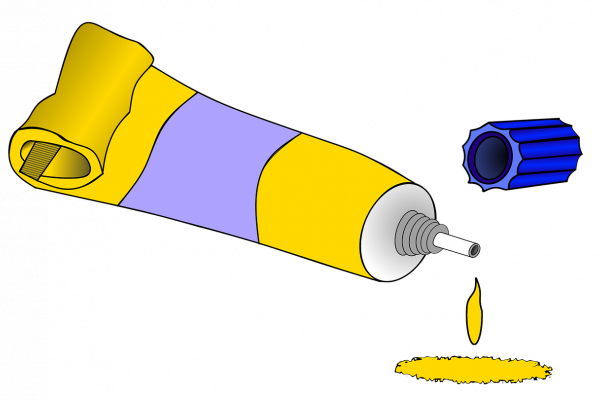Superglue could be used to recycle plastic into more useful products
Interviews with Scientists
Interviews about medicine, science, technology and engineering with scientists and researchers internationally...
Dissection of the patient begins...
The first step in a post-mortem is to examine the patient for clues as to the cause of death. What did the pathologist...
Surprising results ensue when dissecting the patient's heart...
Next, the pathologist dissected the lungs to see whether this might hold the key to the cause of death...
The patient had a whole host of pathologies but what was the cause of death?
New techniques could allow us to see inside the heart, and predict heart attacks before they strike.
Hear from a genuine heart transplant, and find out why there are never enough donors.
Is long-distance running a benefit or a danger to your heart?
Could the gold standard method for treating heart failure be making the problem worse?
Research is revealing that being overweight during pregnancy can leave a legacy of high blood pressure for generations.
Pollution is one of the leading causes of heart disease, but why does it impact us in this way?
How studying fish can help us to turbot-charge heart research...
Chris gets his heart checked out with a standard ECG test.
Heart development can provide important clues into how it works, and also what can go wrong.
What keeps your ticker pumping, and how does it supply all that blood to your body?
The BHF put 100 million into heart research every single year.
Opiod painkillers like morphine are extremely powerful, but new research shows that they could cause chronic pain.
Is it true that the naked mole-rat doesn't get cancer?
Bees can tell one flower from another just by electric fields that the flowers send out. But how do they do it?
Making concrete accounts for 5% of GLOBAL carbon emissions, so is there a better alternative?
Could all our homes be solar powered by 2050?
What’s being done NOW to build environmentally sympathetic homes?
New technology is all well and good, but in order to live truly sustainably do we need to change the way we live?
